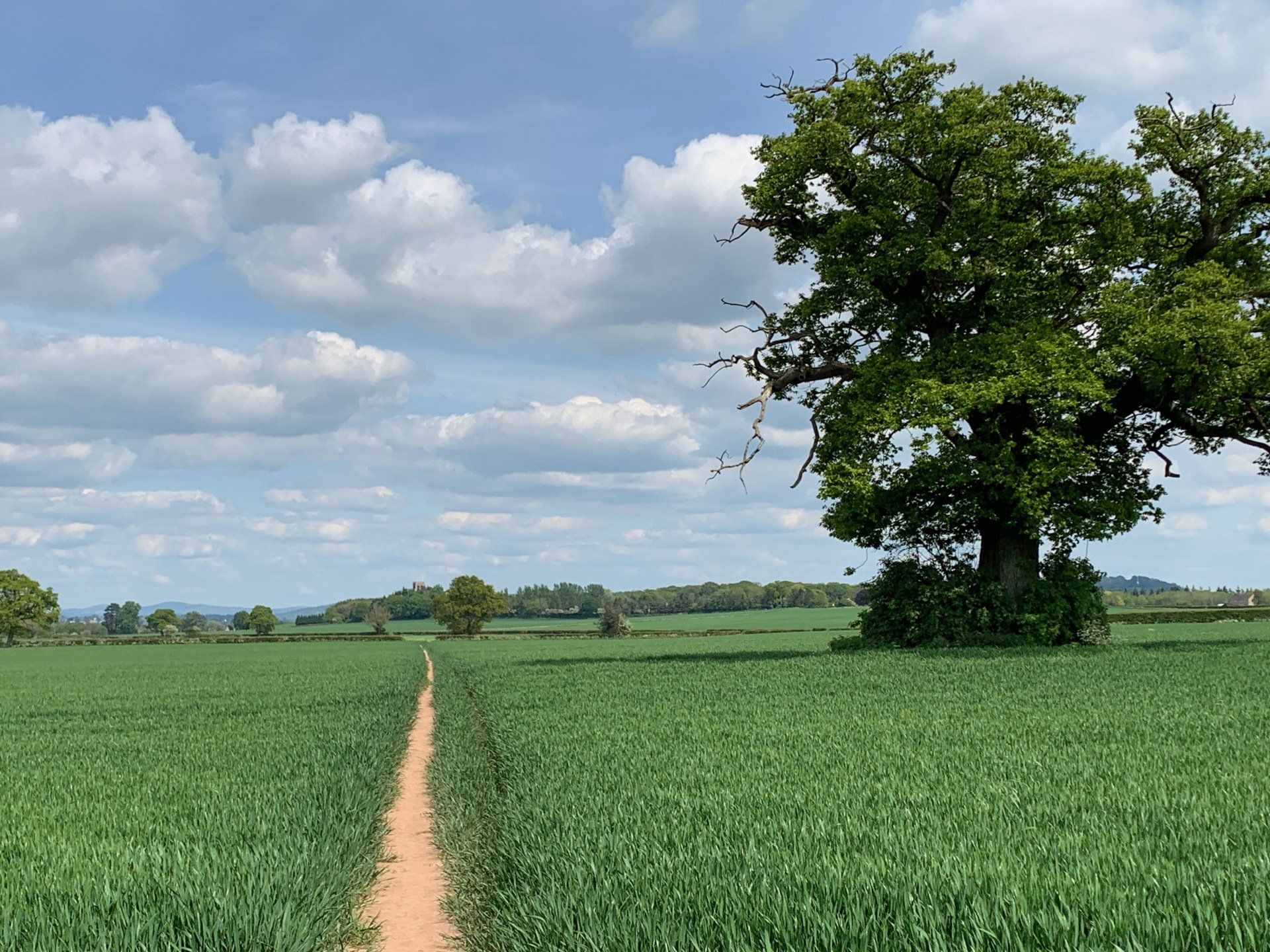Message of Abbot Paul - Wednesday 2nd June
Message from Fr Paul for Wednesday, 2nd June 2021
I’m always surprised, but perhaps I shouldn’t be, when celebrating funerals and burying the dead, at what people tell me they believe. It seems that some people’s Christian faith, if we can still call it that, is no longer based on the Scriptures, the Creed or the Catechism. It is common now in the UK for many people to have some nominal notion of being Christian or Catholic, perhaps because they were baptised or went to a Church school, or because they can remember going to church with a grandmother when they were small children, Since we live in a highly secularised society, with no particular reference to religion, all is quickly forgotten, from common prayers to any catechetical content to what they end up believing. Social convention or, at times, family pressure causes them to seek the baptism of their children, a church wedding or a funeral service for their departed. Then, as a priest, you find yourself leading a service which practically no one understands and in which no one can join in. Even the Lord’s Prayer is met with silence. It’s sad and disheartening, I must confess, but it’s also a real opportunity for evangelisation and for sharing the truth of the Gospel with those who most need it.
Jesus, of course, experienced something very similar in the Holy Land of his day. Jews then were divided into two groups with diametrically opposing views, especially on the question of the resurrection and life after death, which leads us to today’s Gospel passage from Mark, (Mk 12: 18-27). This is it. Mark tells to story beautifully.
“Some Sadducees – who deny that there is a resurrection – came to him and they put this question to him, ‘Master, we have it from Moses in writing, if a man’s brother dies leaving a wife but no child, the man must marry the widow to raise up children for his brother. Now there were seven brothers. The first married a wife and then died leaving no children. The second married the widow, and he too died leaving no children; with the third it was the same, and none of the seven left any children. Last of all the woman herself died. Now at the resurrection, when they rise again, whose wife will she be, since she had been married to all seven?’
Jesus said to them, ‘Is not the reason why you go wrong, that you understand neither the scriptures nor the power of God? For when they rise from the dead, men and women do not marry; no, they are like the angels in heaven. Now about the dead rising again, have you never read in the Book of Moses, in the passage about the Bush, how God spoke to him and said: I am the God of Abraham, the God of Isaac and the God of Jacob? He is God, not of the dead, but of the living. You are very much mistaken.’”
I thought it best to reproduce the whole Gospel narrative. This time it’s the Sadducees who question Jesus and they do so with the story, a red herring, of the woman who married seven brothers (in turn). Whose wife will she be at the resurrection, when they all rise again? It’s a valid question. Many widows and widowers remarry and it might well have crossed their minds. Jesus hastens to point out that eternal life is not a replica of this life, but life on a completely different plane, where friendships and relationships will be rooted in God, where God will be all in all. As with the question on Caesar and taxes, which was put to him yesterday by the Pharisees, who did believe in the resurrection, Jesus goes on to a much deeper explanation that silences them. God continues to say, “I am the God of Abraham, the God of Isaac and the God of Jacob.” God is eternal, as are his promises to those he has chosen. As Jesus says, “God is God, not of the dead, but of the living.” All who live in God and are imbued with his Spirit, will remain alive in God, even though their bodies die, decay and ultimately turn to dust and ashes. We will remain forever alive in God.










